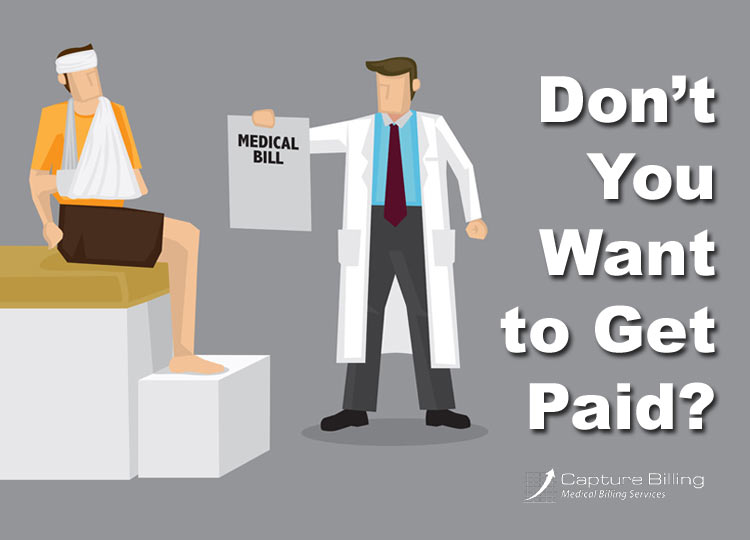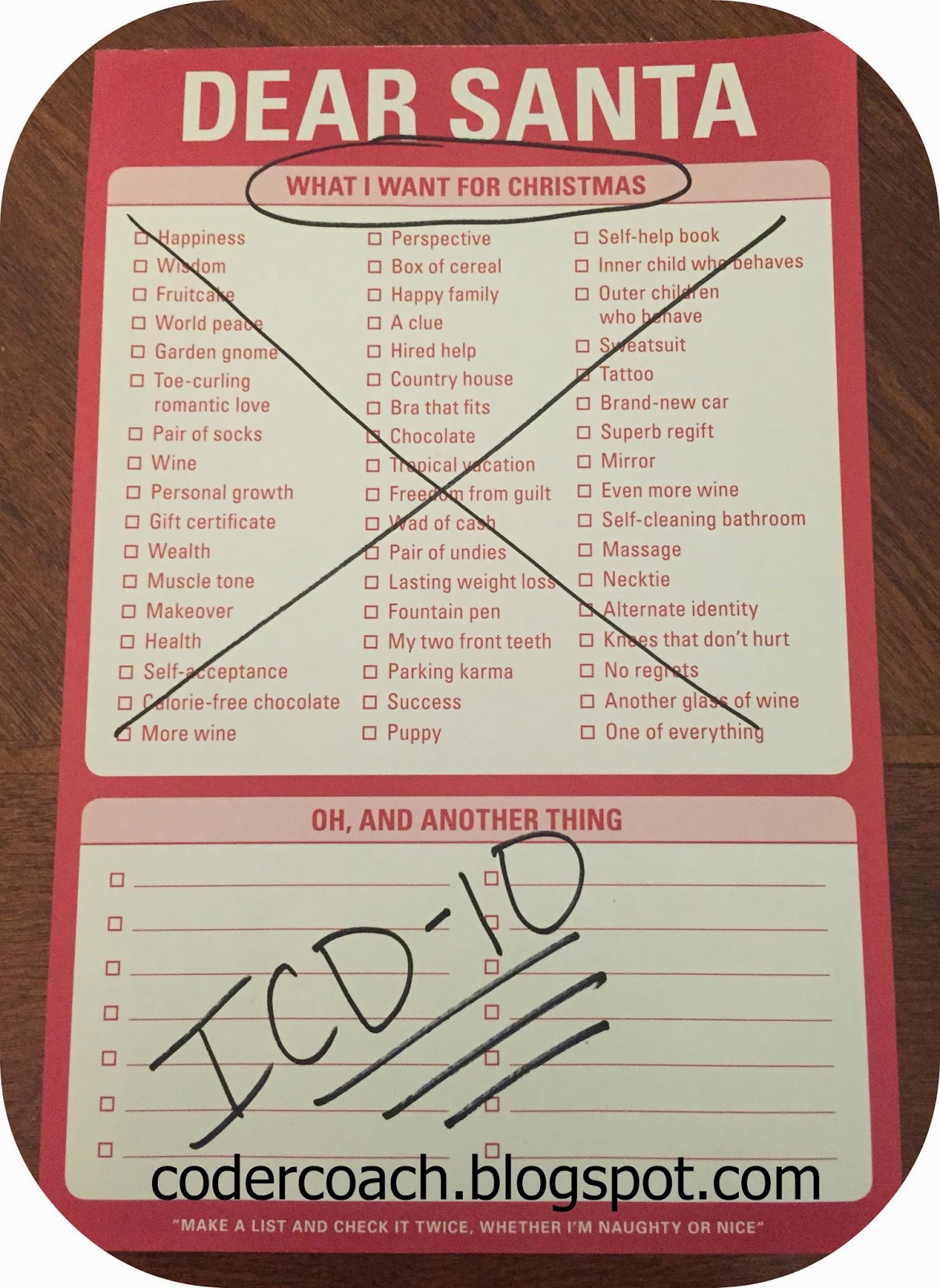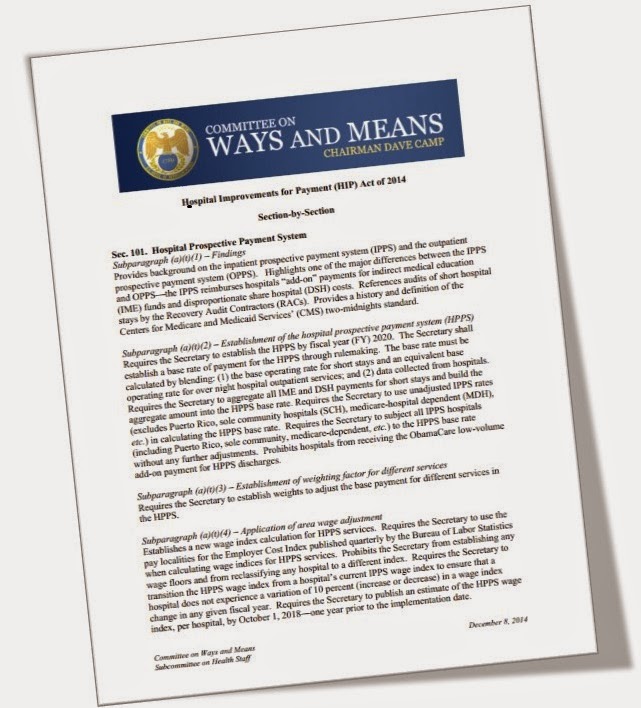Laureen shows you her proprietary “Bubbling and Highlighting Technique”
Download your Free copy of my "Medical Coding From Home Ebook" at the top right corner of this page 2018 CPC Practice Exam Answer Key 150 Questions With Full Rationale (HCPCS, ICD-9-CM, ICD-10, CPT Codes) Click here for more sample CPC practice exam questions with Full Rationale Answers Click here for more sample CPC practice exam questions and answers with full rationaleTag Archives: Want
I Want To Become A Medical Transcriptionist
I recently moved to the United States three years ago, my dream was and still is to work as hard as possible to be successful. My plans involved studying and working. I graduated in 2008 with a Masters degree in Business administration, but unfortunately I still dont make enough money to provide for myself and my family back home. Then I decided that one of the best strategies to supplement my income is by finding a part time at home job. I found an advertisement posted on the 15th of October in 2009 on craigslist requesting a part time assistant telecommuting, I apply to the position and was told that he was currently in Estonia and looking for some one to do his shopping, collected his mail and pick up deliveries from various suppliers because he was in the art business and buys from Arizona and Nigeria. He sends a total of 10 money orders via FedEx and ups. With instructions to wire cash via western union to his suppliers and email him the MCTN number. I really taught that this was legitimate business until bank of America told me today October 28, 2009 that the money orders were fake and I have to pay back all that money which I did not have. So I have decided to find an at home opportunity that not only there is an increasing demand in the market but where I will not be scammed again. SN:0TG9Y2ESY
I decided to study Medical transcription because of the freedom, convenience and independence it affords me. Working in the healthcare industry I feel will benefit me in many ways than one: Growth in the healthcare industry – Provide more effective secure income and long term stability. The probability of me being laid off is rather improbable. Jobs availability- healthcare is one the few fields that you gives you a variety of options, it is not mandatory to have a PHD or medical degree in order to make an impact in this field, there are many other positions to consider, such as Medical assistant, billing, and medical record jobs or my favorite medical transcription jobs among a plethora of other excellent choices. Another reason why I desire to work from home is financial independence: This will give me the opportunity to help my family, especially my mom, she has never own a home and my dream is buy her, her first home, I would love to have the means to allow her to travel the world, to see how others live, to experience other culture and to broaden her horizon. With that in mind, there are other immediate goals that I would love to take care of such as: Paying off my credit cards, Paying off my car Finish paying the money that was scammed from my bank of America account Increase the amount in my savings account Start shopping for my first home Gain back my self confidence and financial independence These are the reasons that specifically influenced my decisions to become a Medical transcriptionist.
For more information visit http://www.mtrecruiters.com/CareerAdvice.aspx
WRITTEN BY: Deidrie Johnson
This Essay was submitted by the www.futuremt.com monthly scholarship program. You can also get a chance to receive a 00 free tuition scholarship for Medical Transcription Certification and Stay at Home Jobs! Just click on one of the links above to get access to a 00 scholarship today!
Find More Medical Coding Articles
Opioids: What do healthcare professionals want and need to know?
Editor’s note: The following article first appeared in the April 2016 edition of PSQH, and was written by members of the National Patient Safety Foundation including Patricia McGaffigan, RN, MS, chief operating officer and senior vice president of programs, Caitlin Y. Lorincz, MS, MA, senior program director, and Tejal K. Gandhi, MD, MPH, CPPS, president and CEO.
The availability of, and access to effective and safe treatments for pain remain serious problems in the United States (Institute of Medicine, 2011). Opioid medications are important for addressing short-term and chronic pain management. Given the benefits that they provide, usage of opioids has become widespread over the past decade. However, opioid medications also carry substantial risk, and their increased usage has introduced a host of unintended consequences across the care continuum. Given this, opioids have significant implications for patient safety. The National Patient Safety Foundation (NPSF) conducted a convenience flash poll survey to obtain a snapshot of opioid-related patient safety concerns, learning needs, and familiarity with existing seminal publications among healthcare professionals.
Please please help I don’t want to bill this out wrong
Medical Billing for Private Practices: Don’t You Want to Get Paid?

You know medical billing is a crucial part of your private practice, but why exactly, is it so vital? There are many reasons that all boil down to the same thing: it’s a matter of survival.
The majority of patients do not pay in full for private practice office visits with cash. Sure, some patients may pay copays by credit card before they leave your office but, in most cases, you must bill the individual’s insurance company for reimbursement for services rendered.
The majority of patients do not pay in full for private practice office visits with cash. Sure, some patients may pay copays by credit card before they leave your office but, in most cases, you must bill the individual’s insurance company for reimbursement for services rendered.
Solo practitioners rely heavily on revenue cycle management, timely submissions of claims, and reimbursement from insurance carriers for their very survival. Unfortunately, it’s not uncommon to find a private practice physician waiting weeks if not months for reimbursement.
Why do private practices struggle with billing tasks?
One of the main reasons why small private practice physicians struggle with medical billing is that a vast number of medical billing companies don’t typically work with small or solo practices. Why? Because these types of accounts are smaller.
The majority of medical billing companies charge a certain percentage of overall collections generated from the billing services they provide Smaller revenues equals smaller profits for the medical billing company. Unfortunately, it’s as simple as that.
So why not hire someone in the practice to take care of the coding and billing? Many doctors do. However, today’s healthcare billing practices can be quite convoluted.
A number of rules and stipulations apply to claims submissions depending on whether you’re billing Medicare/Medicaid, veteran’s insurance providers such as Tricare, or one of the many private healthcare insurance companies in the United States. Each of these carriers has different provisions and guidelines as well as time limits for filing claims.
How important is medical billing for private practices?
It’s especially important for private practices to bill out as quickly and efficiently as possible. Revenue has to be generated in order to keep the office open and meet payroll and expenses. And even doctors need to earn a salary. You need and deserve to be paid for your services.
An overwhelming majority of small and solo physician practices continue to utilize in-house billing with varying degrees of success. Medical billing is vital for a private practice…if the doctor wants to get paid.
In order to get paid, claims for services must:
- Be submitted in a timely manner, and
- Contain the correct codes for procedures, treatments, and services.
If a practice has a healthy revenue cycle management process and a physician pays close attention to it on a regular basis, in-house medical billing may be successful, depending on the experience, qualifications, skills and knowledge of the individuals tasked with coding and billing.
Should you stay in-house or outsource medical billing?
In certain scenarios, in-house medical billing can be more efficient than outsourcing. However, the key is always to generate the highest return on investment. So in most cases, a medical billing company can save you money on overhead costs and employees’ wages, reduce the risk of errors, and provide consistency as well as transparency.
Making a decision to maintain in-house medical billing or deciding to outsource is a decision that must be made with care. Medical billing processes are the bread-and-butter of a private practice. The bottom line is that if you’re not billing for services rendered in a timely manner, you’re not going to get paid in a timely manner.
Even a solo practice or small practice can benefit from outsourcing medical billing in order to:
- Increase cash flow.
- Get paid faster (professional medical billers that focus only on the billing process can reduce errors that result in a claims denial).
- Eliminate significant in-house costs, including a medical biller’s salary, their benefits, the lost productivity cost when they are sick or on vacation, and the specialized computer software they require to perform their job functions effectively.
A specialty-specific private practice can also opt for a billing service that focuses on specific healthcare fields like urology, orthopedics, or oncology. This specialized, focused knowledge of accurate billing codes and procedures can streamline claims processing and facilitate faster reimbursement.
Increasing cash flow
In order to improve and increase cash flow, receive faster payments, and get reimbursed so you can pay your own bills, you can take a number of steps to enhance medical billing efficiency in your practice:
- Whenever possible, utilize your static and mobile EHR technologies to code for services as soon as possible after a patient encounter. This helps reduce incorrect or missing codes.
- Always verify eligibility of benefits and patient demographics to avoid delayed or denied claims. It’s recommended that private physicians check for eligibility at the time the appointment is made. You should also check one to several days before the actual appointment, and again when the patient is in your office.
- Tracking is essential for key performance measures such as accounts receivable, days in accounts receivable, and accounts receivable over 120 days.
- Take advantage of EHR systems that enable you to communicate easily with billers for optimal outcome. Communication (i.e. flags or notes) can assure accuracy and the correct usage of CPT and ICD codes to help streamline claims processing and reduce the amount of denials.
- If you don’t have to time to stay up-to-date or on top of your in-house billing, consult with professional medical billers. At the very least, utilize EHR systems and technologies that incorporate practice management, medical billing and coding, and other customizable options to maximize your potential for timely reimbursement.
- Train staff to collect a minimum of 90% of co-pays at the time of services rendered, which can significantly improve cash flow.
There is no doubt that medical billing software for private practices is essential not only for the health of your practice, but for the health of your own wallet. A number of EHR systems today incorporate practice management software that streamlines workflow and billing processes with an integrated clearinghouse.
They also enable the ability to analyze and manipulate data that helps you stay on top of your practice, your billing and coding practices, and most importantly, your reimbursement rates. After all, you deserve to be paid for the healthcare services you provide.
Does your medical practice have in-house billing or do you outsource your medical billing? Let me know in the comments below.
— This post Medical Billing for Private Practices: Don’t You Want to Get Paid? was written by Aiden Spencer and first appeared on Capture Billing. Capture Billing is a medical billing company helping medical practices get their insurance claims paid faster, easier and with less stress allowing doctors to focus on their patients.
All I Want for Christmas is Fewer RAC Denials
This December, coders across the country got the ultimate Christmas present: a bill passed the House and Senate without the addition of language that would further delay ICD-10 implementation. As we breathe a sigh of relief and get ready for a worry-free Christmas (at least as far as coding is concerned), we aren’t fully exhaling until the end of March when the SGR bill comes up again for a vote.
- Creation of the new HPPS by the year 2020
- Creation of an alternate reimbursement system for short stays from fiscal year 2016 to fiscal year 2019 as data is gathered for the 2020 system
- Elimination of RAC reviews for short hospital stays until HPPS is implemented
- Document from the House Ways and Means Committee – section by section of proposed bill
- AHA Comments to Rep. Kevin Brady Re: Hospital Improvements for Payment Act of 2014 Discussion Draft dated December 18, 2014
For more information from the House Ways and Means Committee, including information on submitting comments, click here. This proposal has the potential to rock the world of hospital reimbursement (again) and has some definite pros and cons. While it’s still only a draft and is not a done deal, it’s time to take the opportunity to let our voices be heard and submit comments.
I don’t want to live in a world where Ebola is sold out at the Giant Microbe store – and there’s no code for it
There is a super cute little toy shop in Coeur d’Alene, ID called Shenanigan’s Toy Emporium that sells vintage toys and other unique items. When traveling there on business, we usually make a stop in to shop from their wall of amazing salt water taffy and check out their selection of toys that don’t come with a power button. You know, the kind of toys we had prior to the Atari and Game Boy era!
Shenanigan’s also has a great display of giant microbes – small plush renderings of everything from the common cold to diarrhea. I am still marveling at how they could create a plush toy out of liquid stool! I’m sure it’s just the geeky coder in me (and my colleagues), but we decided to buy a few and put them out during our training sessions along with our baskets of Play Dough, pipe cleaners, and candy (we like to have FUN in our training sessions!). Needless to say, they were a big hit with our clients and we noticed on one of the tags that there was a website where we could order more. By now your interest is surely piqued, so be sure to check out the online Giant Microbes store.
 You’re probably thinking what I’m thinking right about now, which is, wouldn’t these giant microbes make great white elephant gifts for Christmas? My thoughts immediately went to what would be appropriate for my family’s white elephant gift exchange. Don’t worry, my family has a great sense of humor – there’s still a copy of Pamela Anderson’s novel (yes, she wrote one) complete with the “naughty” pages clipped together courtesy of my grandmother who was sheltering her daughter from the filthy parts. And what better gift for someone in 2014 than the Ebola virus? There’s just one problem.
You’re probably thinking what I’m thinking right about now, which is, wouldn’t these giant microbes make great white elephant gifts for Christmas? My thoughts immediately went to what would be appropriate for my family’s white elephant gift exchange. Don’t worry, my family has a great sense of humor – there’s still a copy of Pamela Anderson’s novel (yes, she wrote one) complete with the “naughty” pages clipped together courtesy of my grandmother who was sheltering her daughter from the filthy parts. And what better gift for someone in 2014 than the Ebola virus? There’s just one problem.
Sold out.
Apparently I am not the only person who thinks that Ebola would make a great Christmas gift. It’s a sign of recent headlines that this virus, which is actually kind of cute in plush form, is unavailable. What’s even more worrisome given that this was the year Ebola came to the US, is that we don’t have an ICD-9-CM code to report it. Here’s the best we can do in ICD-9:
- 065.8, Other specified arthropod-borne hemorrhagic fever
- 078.89, Other specified diseases due to virus
What about ICD-10-CM? How about this?
- A98.4, Ebola virus disease
YESSSSSS! Way more specific!
In previous years as we’ve prepped for ICD-10 implementation, the opponents have given a laundry list of extensive and admittedly ridiculous (yet fun!) ICD-10 codes that begged the question, why do we really need this? And this year, Ebola was delivered to our health system and we have nonspecific codes to report it. But in ICD-10, we have a very specific code. Hmm. Perhaps this ICD-10 thing really could help with reporting and impact patient care. Just a thought.
So Santa, if I can’t have Ebola for Christmas this year, could I please have ICD-10 so that I can code it for those people who did get it?
Author’s Note: I am not affiliated with Shenanigan’s Toy Emporium or giantmicrobes.com in any way. I am just a really big fan!
Coder Coach






